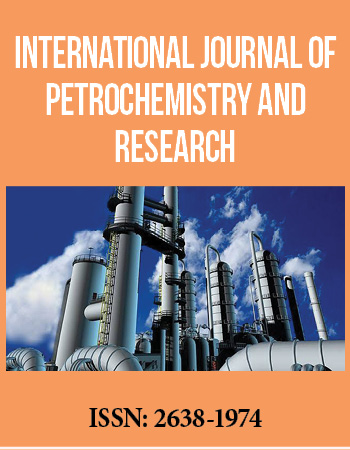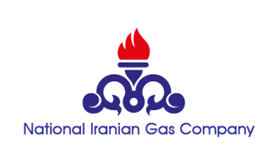International Conference on Oil, Gas and Petrochemistry
April 3-5, 2017 Dubai, UAE
Renewable portfolio standards and the law- the future of electricity energy generation in Nigeria
University of Ibadan, Nigeria
The process of reforming the electric power sector has created opportunities for more innovation to be birth in the light of how best the sector can be more effective. On one hand policies have been used to promote renewable energy in revamping the electricity sector, and on the other hand, emphasis is placed on conductive institutional environment. However, conductive environment is achieved when there is a successful juxtaposition of policies and implementation facilitated by the necessary institutional agencies. This study therefore, was designed to highlight the potentials in RPS as a tool in aiding effective electricity generation in Nigeria, by adopting a questionnaire model, in order to gather cognitive information from certain principal actors in relevant Nigerian sectors, with focus on the Energy Commission of Nigeria (ECN) and the Nigeria Electricity Regulatory Commission (NERC). Specifically, this study examined the legal and institutional dimensions of renewable portfolio standards as the future of electricity in Nigeria, within the context of electricity reforms and the current global move towards increased deployment of renewable energy for electricity. Feedback from the Energy Commission of Nigeria revealed that as at June 13, 2014, Nigeria generated 4000MW, and a further feedback of 2,973MW. However, according to the feedback from Nigeria Electricity Regulatory Commission, as at the end of May 2014, current installed capacity was 11,165 MWs, while actual generation capability was limited to only 6416MW due to fuel supply challenges and Transmission &Distribution infrastructure limitations. Only about 1500MW of approximately 2600MW installed capacity of captive power exist in the country, is in use and 270WM of the rest is available for export to the grid, subject to adequate transmission infrastructure. Feedback from the ECN and NERC indicated that majority of renewable energy currently in Nigeria are federal projects, though some states have shown kin interests, especially in solar photovoltaic systems, embarked on by very few states, for electrification of critical infrastructures, such as rural clinics, schools and surveillance equipment, traffic lights, etc. Renewable energy projects are usually implemented in stages and a time frame is given due to many factors such as capital, environmental considerations and institutional guidelines for such projects. RPS is a policy tool in the National Energy Policy and Renewable Energy Master Plan but it has not been adopted presently, as there is no traceable percentage of Nigeriaʼs annual electricity generation from renewable energy sources. Supplemental efforts to significantly back up dwindling electricity energy in Nigeria has always met with various challenges, including lack of current operational expertise, insecurity, lack of appropriate policies, etc. According to ECN, Standard Organisation of Nigeria (SON) is not yet involved in confirming the compliance level of renewable energy projects. The EPSR Act 2005 of Nigeria envisages that renewable energy will play a prominent role in rural electrification, it is thus, no doubt that institutional framework and legal framework are pivotal to realisation of policies but there had always been problems in implementing appropriate policies on electricity activities, as informed by this study. So, there is very urgent need for policies that will include renewable energy resources, such as solar, wind, ocean, hydropower, biomass, geothermal resources, and biofuels and hydrogen in generating additional electricity in the country.
Keywords: electric power sector, the Energy Commission of Nigeria, legal framework, Nigeria Electricity Regulatory Commission, renewable energy
Biography:
Abimbola Aremu is an energy lawyer with interests in renewable energy, legal research, energy policy and regulations. She had her first degree in Law from the University of Ibadan in 2010 and obtained her LL.M in Energy Law from the MacArthur Funded, Centre for Petroleum, Energy Economics and Law (CPEEL), University of Ibadan, Nigeria in 2013. She is currently a Graduate Research Assistant at the said Centre for Petroleum, Energy Economics and Law (CPEEL) alongside running a Ph.D. program in Renewable Energy. She has previously worked as a Counsel in the Chambers of Ekerete Udofot & Co., Akure, Ondo State, Nigeria. She is an esteemed mediator of the Institute of Chartered Mediators and Conciliators (ICMC) of Nigeria. She is also a student member of the Nigerian Association for Energy Economics (NAEE).



